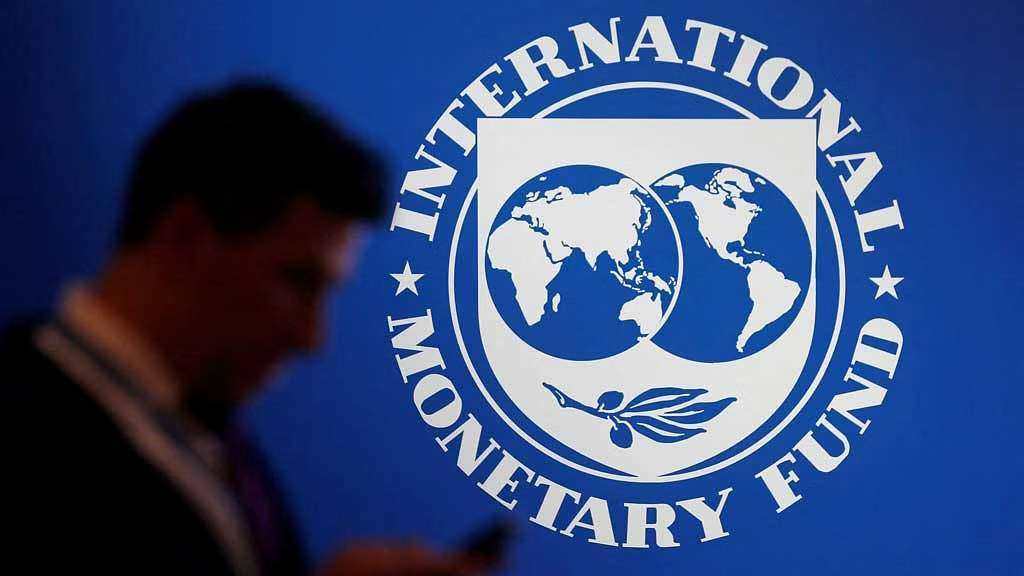The recent agreement between the Argentine government and the International Monetary Fund (IMF) imposes stringent fiscal surplus targets for 2026 and 2027, significantly limiting the potential for reducing the tax burden. President Javier Milei’s administration suggests that there is potential for tax reductions, a key promise of his governance strategy. However, should he proceed with this action as part of a tax reform initiative, it would necessitate an increase in taxes for others. The agreement mandates that the government is required to reach a primary surplus of 1.3% of Gross Domestic Product (GDP) by year-end, while Milei has expressed his intention to target a surplus of 1.6%. By 2026, the surplus is projected to increase to 2.2%, with expectations for it to reach 2.5% in the years 2027, 2008, and 2009. This year, the financial surplus is projected to reach zero after accounting for debt interest, mirroring the situation observed in 2026. By the years 2027, 2028, and 2029, the target is set at 0.4% of GDP.
Milagros Gismondi serves as an economist at the consultancy firm Cohen Argentina. She views the goals as optimistic, noting that “beyond the agreement with the IMF to reduce the debt, there should be even more surpluses.” “The current formula for adjusting pensions presents significant challenges.” She said that while inflation decreases, pension spending is expected to remain stable; however, fiscal adjustments will need to persist. Gismondi asserts that contemplating a 2.5% primary surplus for Argentina is a significant undertaking, though not without its complexities. He emphasizes that a scenario involving tax reduction, which holds considerable importance for the current administration, must eventually be considered. “While there is potential to enhance the tax landscape by alleviating burdens and adjusting various taxes, it remains challenging to envision a tax reduction—whether modest or substantial—given the necessity for a larger primary surplus,” she stated.
President Javier Milei has put forward a tax reform initiative that, at its core, aims to maintain the overall tax burden while seeking to rebalance it among various distorting taxes. This leads to a direct increase in prices, including the Gross Income Tax, export withholdings, and other non-distorted taxes. The proposal aims to streamline the tax system by consolidating six or seven taxes to generate the same revenue as approximately 30 existing taxes and fees across the country. The government faces significant challenges as it seeks to secure the consensus of governors. Discussions are underway regarding the potential replacement of the Gross Income Tax with a provincial value-added tax (VAT).
The federal government has surpassed its target for the first quarter. An analysis conducted by the Argentine Center for Political Economy (CEPA) reveals that by the conclusion of the first quarter, the Ministry of Economy successfully raised around AR$710 billion (US$602 million) exceeding its target. The International Monetary Fund reports that Argentina was expected to reach a surplus of AR $3.64 trillion (US$3 billion) from January to March; however, the actual surplus amounted to AR$4.35 trillion (US$3.68 billion). In June 2025, the Government is set to reinstate the export withholdings that were reduced last year in an effort to stimulate the flow of dollars.

